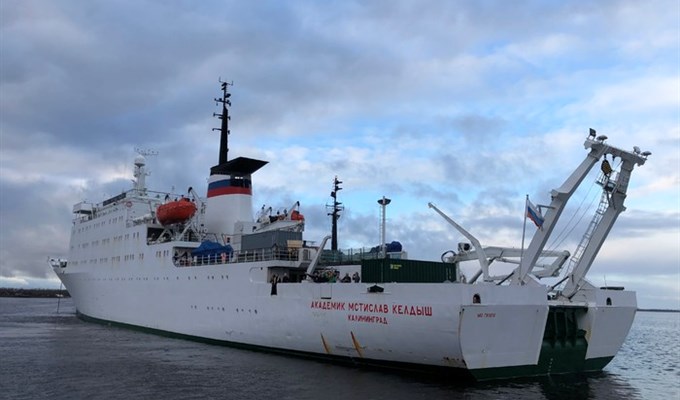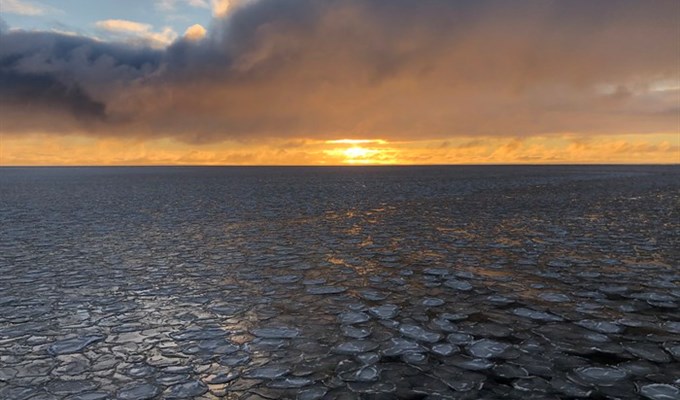TOMSK, Nov 30 – RIA Tomsk. Scientists of Tomsk State University (TSU) tested in the Arctic seas a device created at the university with a digital holographic camera for studying the state of the water area, an employee of the TSU Laboratory for Radiophysical and Optical Methods of Environmental Research Alexey Olshukov told RIA Tomsk on Monday.
Earlier it was reported that the scientists of the TSU Faculty of Radiophysics developed a hardware and software complex (HSC), which includes a digital submersible holographic camera. The HSC is capable of non-contact, real-time assessment of the biomass of living organisms (plankton), their characteristics, and using these data to assess the state of the investigated water area.
It was also reported that in previous years, scientists conducted research using the complex in the Black Sea (2019), Baikal (2018), in the Kola Bay (2018) and in Arctic expedition with the Institute of Oceanology (2016).
© предоставлено Алексеем Ольшуковым, ТГУ
Akademik Mstislav Keldysh vessel in the Arctic
Northern Studies
"Tests of the hardware and software complex (HSC) were carried out earlier, among other things in the North, but with such a task - research of plankton in the vicinity of seeps (methane fountains gushing from the bottom - Ed.) - for the first time. Research took place during an international expedition", - Olshukov said.
Earlier it was reported that an expedition with the participation of 69 scientists from 10 countries ended in November: on board the Akademik Mstislav Keldysh research vessel, researchers covered about 11 thousand kilometers, studying the biogeochemical, biological and geodetic consequences of the degradation of the underground and inundated permafrost in the Russian sector of the Arctic.
As Olshukov explained, researchers are interested in plankton primarily because it filters water through itself in large quantities and, thus, at an early stage can react to various harmful substances
He added that by studying these living organisms, scientists can estimate the pollution of the water area: "The preliminary data obtained are unique, but I will not jump ahead, it is necessary to obtain data from biologists who have studied plankton using traditional methods".
The scientist clarified that the traditional method of studying plankton uses a contact method - with the help of nets, plankton is caught, fixed in formalin and then examined under a microscope in laboratories.
"Our complex allows us to study plankton in the habitat. By the end of the year we will try to process the data obtained by both methods, and we will be able to draw more detailed conclusions", - Olshukov said.
© предоставлено Алексеем Ольшуковым, ТГУ
Arctic